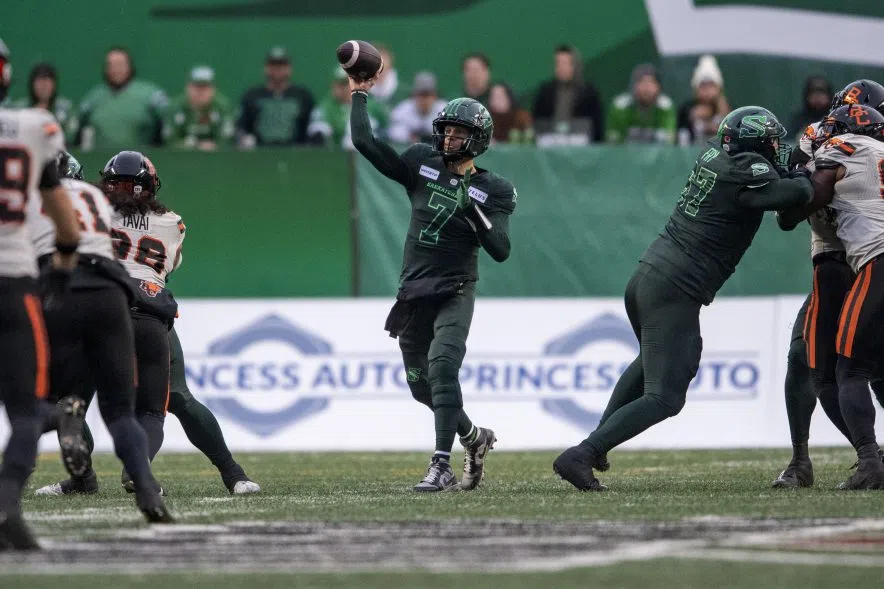OTTAWA — The federal government announced in Tuesday’s budget that it will increase funding for the Athlete Assistance Program, but the Canadian Olympic Committee says more is still needed.
The budget called for $35 million over the next five years into the AAP, and $7 million ongoing, as the 2024 Paris Olympics approach.
The $7 million annual increase is more than the $6.3 million raise requested by Canadian athletes last month.
The budget also committed money to safe sport initiatives — $16 million over two years for the Sport Support Program and $10.6 million for the Future of Sport in Canada Commission — and $15 million to support community sport programming.
But while the COC said in a release that it welcomed these investments, it said the contributions fall “well short” of a request for an additional $104 million in funding made jointly last month by the COC and the Canadian Paralympic Committee.
The COC said the request for that money “addresses the needs of National Sport Organizations (NSOs) to advance their respective sports and deliver a sport system that is safe, inclusive, and accessible for all Canadians.”
“The Canadian Olympic Committee will continue to engage with the federal government and advocate for these needed investments to ensure that Canadians can rely on a properly resourced sport system,” the COC added.
A spokesperson for Canadian sports minister Carla Qualtrough said no comment from her office would be coming Tuesday.
For athletes, it’s the first raise to the AAP, informally known as “carding” money, since 2017.
The money is for living expenses and competition costs that the governing body of an athlete’s sport doesn’t cover.
More than 1,900 athletes across 90 sports are eligible for AAP, which offers other financial supports such as tuition and child care.
In an article by The Canadian Press published March 27, several athletes came forward with their struggles of trying to live on their carding money.
Bobsledder Melissa Lotholz said she sought free accommodation in a church while competing in Lake Placid, N.Y. Olympic rowing champion Andrea Proske said her mother planted an extra garden to grow fruits and vegetables to meet her caloric needs when Proske trained and raced on a tight budget.
“A lot of people that I’ve had this conversation with in terms of funding, seem to have this idea that Canadian Olympians are very much living in the lap of luxury. There’s this illusion that we get high top-dollar sponsors,” bobsledder Cynthia Appiah said at the time.
The COC said the increase to carding money “is essential for athletes and will make a significant difference in their ability to train and live while making Canada proud during the upcoming Paris 2024 Games and beyond.”
Last month, David Shoemaker, the COC’s CEO and secretary-general, said sports systems in Canada were on the “brink of a crisis.”
“Without an immediate injection of funds athletes will suffer in the next 12 to 18 months as we prepare to act on the findings. These funds are necessary for the continued development of a safe and inclusive sport in Canada that will benefit all Canadians,” Shoemaker said.
According to the budget, priorities for the $16 million for the Sport Support Program include preventing and addressing maltreatment, supporting those with concussions and mental health issues and advancing inclusion, diversity, equity and accessibility.
This report by The Canadian Press was first published April 16, 2024.
The Canadian Press







